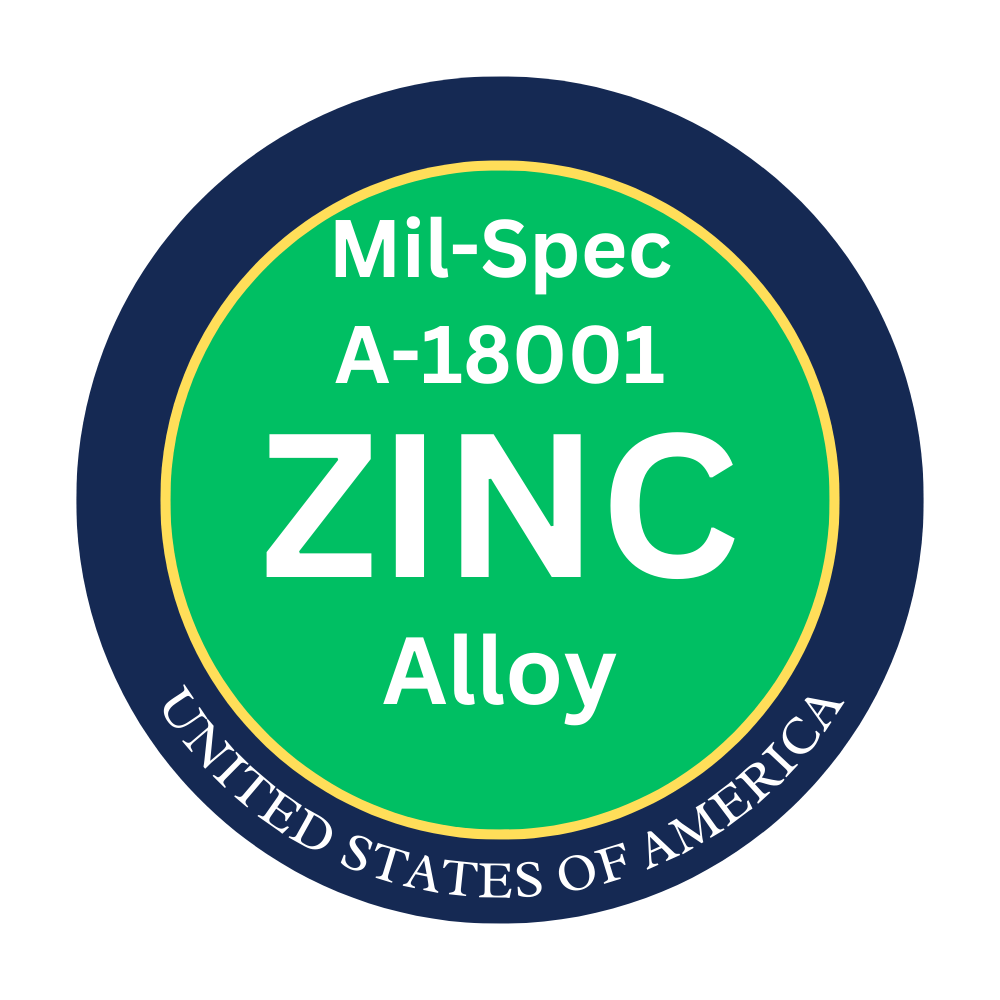Alloy Selection - Zinc
Posted by BoatZincs.com on 2024 Jan 12th

What kind of anodes do I need?”
For new boaters, or for boaters who have never changed their own anodes before, that’s an extremely common question. And it’s one that, we’ve noticed, the internet seems to have a hard time answering directly. Do a search, and you’re tasked with wading through bad advice, old wisdom, dissenting opinions, and marketing.
So here in our series on the basics of corrosion and
corrosion control, we’d like to take the opportunity to clear things up. Boaters have the option of zinc, aluminum, or
magnesium. And the best alloy for you
will depend on a few factors.
ZINC
saltwater only.
For the longest time, zinc was the only alloy boaters were
likely to see on the market. OEMs supplied
zinc anodes for their products and when the time came to them, zinc was
the only option people would find on the shelves. Over time, “zinc” even became a shorthand for all
anodes, as in, “I just put some magnesium zincs on my boat.”
That whole time, boats running in fresh or brackish water were underserved and underprotected. Zinc cannot be counted on to protect outside
of saltwater. The problem is that, in
the absence of salinity, zinc develops a hard, white, oxide coating. This, in a short time, will render the anode
completely ineffective. These passivated
zincs will last forever, offering no protection at all. Luckily, for boaters in fresh or brackish water, magnesium and aluminum are widely available options nowadays. More on those soon.
Zinc protects very well in saltwater. And if there's no chance of running in anything but saltwater, it's a terrific choice. But there is a choice to be made there, between zinc and aluminum. We field a ton of questions related to that decision. Check back for our next post where we'll be diving into the aluminum alloy, working to clear up some common misconceptions along the way.
